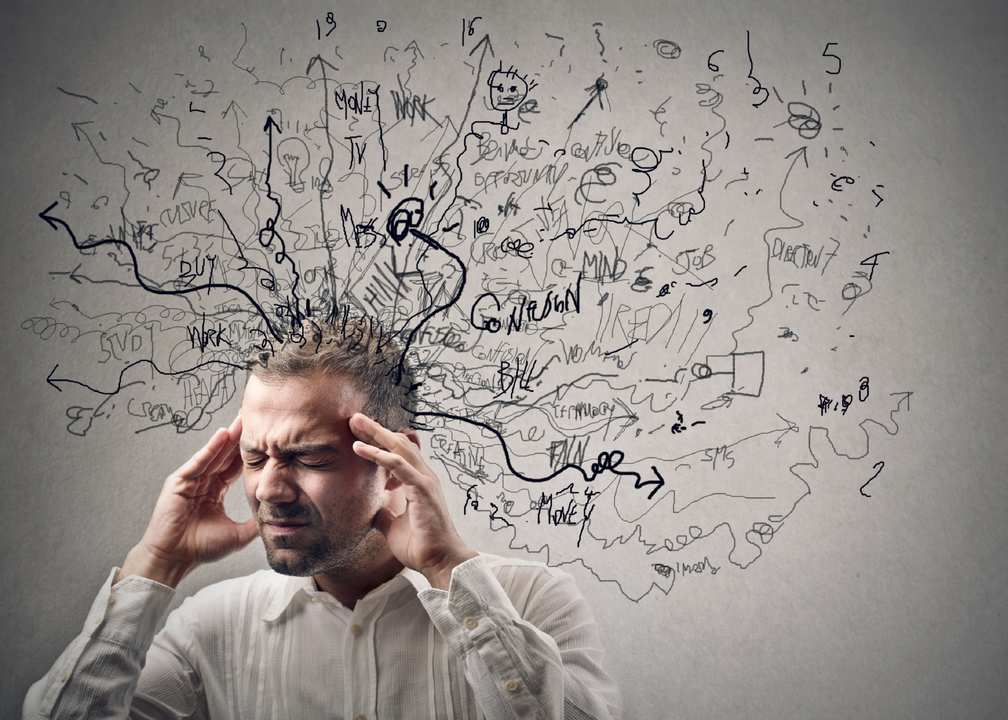Weakness: What It Is, Why It Happens, and How to Feel Better
If you’ve ever felt suddenly shaky, tired after a short walk, or unable to lift even light objects, you’re probably dealing with weakness. It’s not just “being tired” – it’s a loss of muscle strength that can pop up for many reasons.
Common Reasons for Weakness
The first thing to check is whether the cause is temporary or something that needs deeper attention. Common culprits include low iron, dehydration, medication side‑effects (like some blood pressure drugs), and viral infections such as flu. Even a night of poor sleep can make your arms feel like noodles.
Chronic conditions are also big players. Diabetes can damage nerves, leading to a gradual loss of strength in the legs. Autoimmune diseases like lupus or multiple sclerosis directly attack muscle tissue, causing persistent weakness. If you’re on antidepressants such as sertraline or other SSRIs, watch for muscle fatigue – it’s listed among common side effects.
Lifestyle habits matter too. Skipping meals drops blood sugar, and a diet low in protein doesn’t give muscles the building blocks they need. Alcohol overuse can impair liver function, which then reduces the body’s ability to process nutrients correctly, leaving you weak.
When to Seek Medical Help
Most mild weakness fades with rest, hydration, and a balanced snack. However, call your doctor if you notice any of these red flags: sudden loss of strength in one arm or leg, difficulty breathing, vision changes, or weakness that worsens over days despite proper care.
Also watch for accompanying symptoms like numbness, tingling, or severe headache. Those could point to nerve compression or a stroke – emergencies that need immediate attention.
Your doctor will likely run basic blood work (CBC, iron panel, thyroid tests) and may order an EMG if they suspect a nerve‑muscle disorder. Knowing the exact cause helps you target treatment, whether it’s iron supplements for anemia, adjusting a prescription, or starting physical therapy for muscle rebuilding.
In the meantime, simple steps can boost your energy: drink at least eight glasses of water daily, eat protein‑rich meals (think eggs, beans, lean meat), and add short walks to keep blood flowing. If you’re on medications that list weakness as a side effect, ask your pharmacist if timing or dosage tweaks could help.
Remember, occasional weakness is normal – our bodies need breaks. But persistent or unexplained loss of strength deserves a check‑up so you can get back to feeling strong and in control.

Weakness and Vulnerability in Art and Creativity
In my latest blog post, I explored the concepts of weakness and vulnerability in art and creativity. I believe that embracing these aspects can lead to more genuine and powerful expressions in our work. By allowing ourselves to be vulnerable, we open up to new emotional depths and more honest connections with our audience. I discovered that some of the most impactful art comes from a place of vulnerability and that it's essential for artists to face their weaknesses head-on. In doing so, we can grow, evolve, and create more meaningful art that resonates with others.
May 13 2023